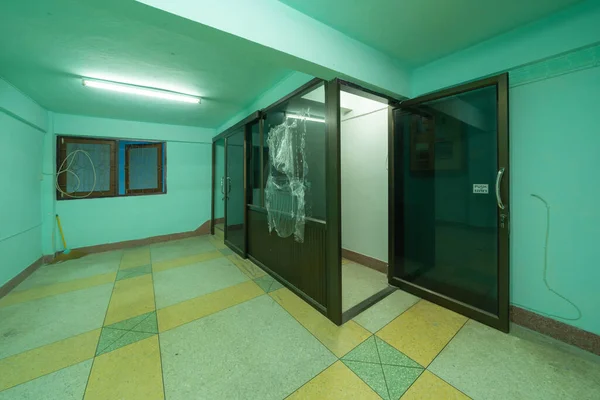Archive for July 2024
How to Deal with Tenants Who Refuse Rent Payment
Landlords face significant challenges when dealing with non-paying tenants. A systematic and cautious approach is necessary to maintain property financial health and ensure legal compliance. Understanding tenant rights and clear communication are crucial for handling non-paying renters. Understanding the Legal Framework Before becoming a landlord-tenant relationship, familiarize yourself with local laws regulating landlord-tenant relations in…
Read MoreDeveloping Outdoor Living Areas to Increase Property Appeal
Outdoor living areas can add significant appeal and value to rental properties, drawing prospective tenants in and increasing market value. Landlords can differentiate themselves in an otherwise competitive rental market by turning outdoor spaces into functional yet inviting areas. Here are a few strategies for creating eye-catching outdoor living areas in rental properties. Understanding Your…
Read MoreCost-effective Landscaping Options for Rental Property
Budget-conscious landscaping for rental properties can be an effective way to add curb appeal, draw tenants in, and raise the value of the rental without breaking the bank. Landlords can create attractive outdoor spaces while saving time and money with simple low-cost strategies. Here are a few tips that may help them do just that!…
Read MoreExploring Different Lease Types Available for Student Rental Properties
Landlords should understand all lease agreements for student rental properties to create flexible, attractive arrangements that cater to student’s needs and preferences while ensuring financial security and legal protection. Each lease type has its advantages and disadvantages, so landlords should choose an arrangement that best suits their property type and tenant demographics. Fixed-term contracts are…
Read MoreProtecting Student Rental Payments Using Co-Signer Agreements
Co-signer agreements are a financial tool that helps landlords and property management companies reduce financial risks associated with renting to students, especially those without stable income or credit histories. They also offer additional security by including an additional tenant as an indemnitor in case of late payments. Co-signer agreements provide landlords of student housing an…
Read MoreThe Landlord’s Guide on Insulation: Reducing Energy Expenses
Insulation is key for landlords looking to cut energy costs in their rental properties and ensure tenant comfort by maintaining constant temperatures within. Understanding different kinds of insulation, their benefits, and how best to implement them can assist landlords in making informed decisions that increase energy efficiency. Insulation blocks heat flow, keeping warm air inside…
Read MoreAddressing Rent Conflicts Between Student Co-Tenants
Navigating rent disputes among co-tenants is a challenging, yet essential aspect of property management in cities or towns with large student populations. Landlords must fully comprehend shared housing arrangements to proactively address potential conflicts as soon as they arise. To maintain harmony among their tenants they may implement clear communication techniques, create well-define lease contracts,…
Read MoreTenant Education’s Impact on Energy Use Reduction
Both landlords and tenants stand to gain from tenant education. Landlords can reduce utility costs by instructing tenants in energy-saving techniques that promote sustainability. Tenants benefit by having more affordable monthly bills while helping create more energy-efficient communities. Communication, collaboration, and practical strategies are the cornerstones of effective tenant education strategies. Landlords should educate tenants…
Read MoreThe Pros and Cons of Energy Submetering in Multi-Lease Buildings
Submetering energy usage in multi-tenant buildings enables tenants to be more responsible with their energy use by installing individual meters in each unit and paying only for what they consume, rather than contributing towards an aggregate bill. Property managers need to understand both advantages and drawbacks before making informed decisions regarding submetering energy use in…
Read MoreHow to Deal with Abandoned Properties: Proper Notice Procedures
Landlords and property managers frequently face the difficult challenge of handling abandoned property responsibly and ethically when tenants abandon personal items at a rental unit or leave behind personal items after moving out. This will protect both landlords’ interests as well as the former tenant’s, therefore making for effective management that minimizes conflict with local…
Read More









